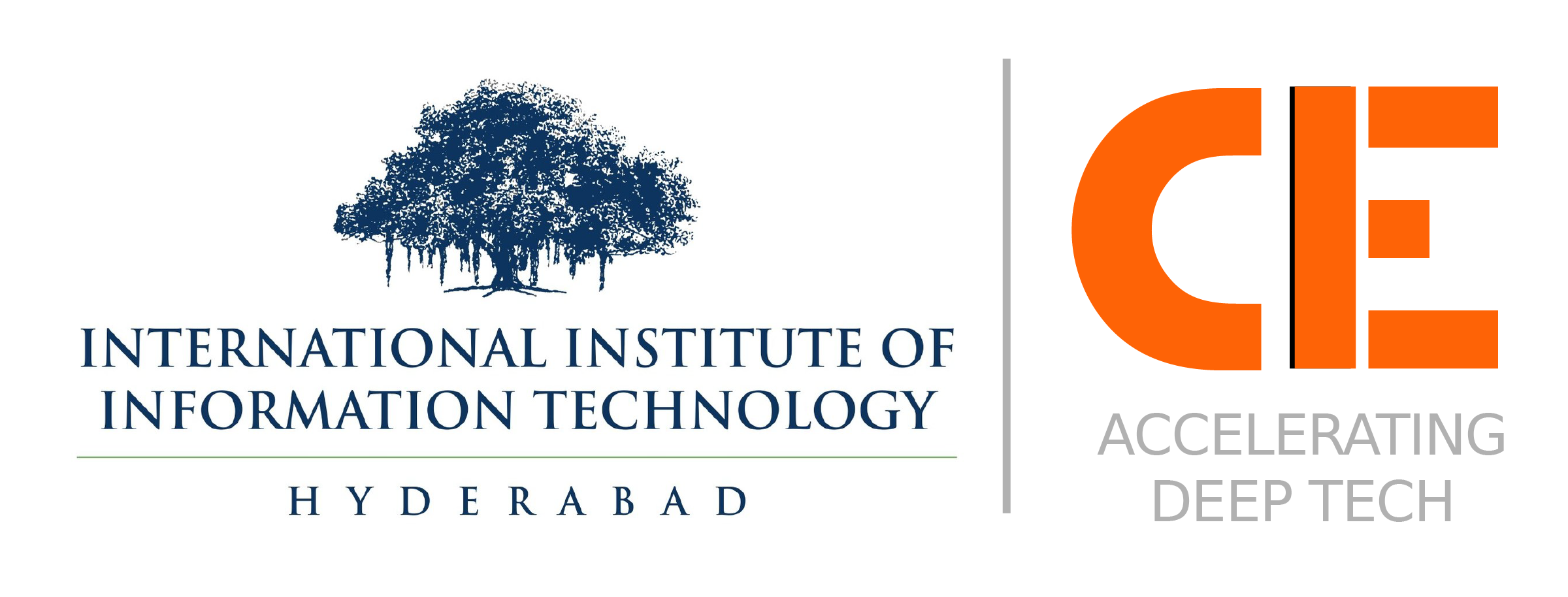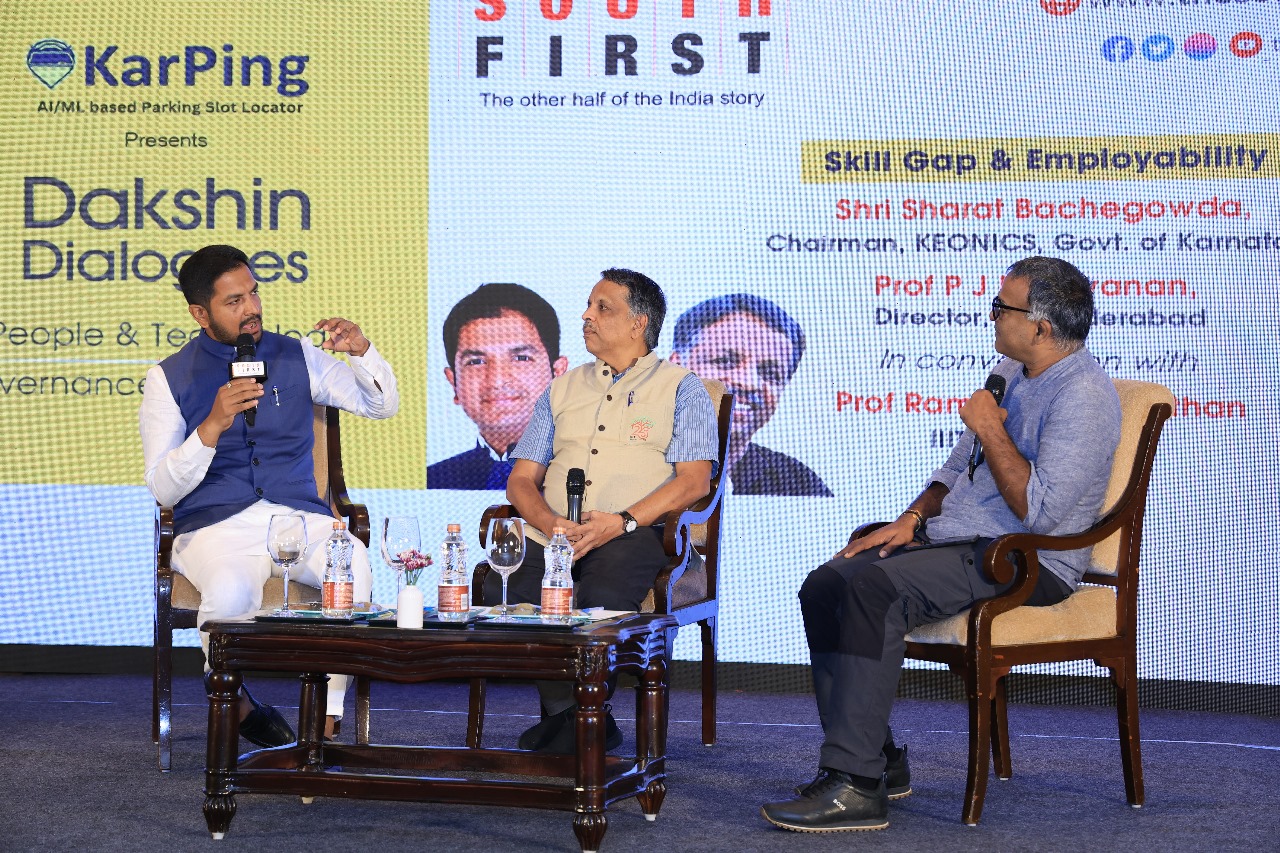India’s skill gap isn’t just a problem — it’s a challenge that has persisted for too long. At Dakshin Dialogues, panelists Sharath Bachegowda ( MLA -Karnataka & Chairmen — Keonics ),P.J. Narayanan (Director — IIITH ), and moderator Ramesh Loganathan (Professor — IIITH )made it clear: our graduates are walking out of universities with degrees but without the skills industries need today. We can’t ignore this any longer.
The Skill Gap is a Wake-Up Call
What’s going wrong? Technology is evolving faster than ever, but our education system is still teaching yesterday’s lessons. The result? A workforce with theoretical knowledge but lacking the practical, interdisciplinary skills that today’s dynamic industries demand. We’re seeing it every day — graduates who are highly educated yet struggle to fit into roles that require hands-on, real-world problem-solving.
Startups: The Bridge to Employability
This is where startups come into the picture. They are not just about innovation — they’re about building careers. Startups work in fast-paced environments that encourage problem-solving and adaptability. In these spaces, graduates are given the chance to apply what they know, learn new things on the go, and figure out how to solve real problems. It’s a stark contrast to the often rigid, academic approach found in traditional education.
For someone entering the workforce, startups offer what universities can’t: experience, exposure, and the opportunity to work across disciplines. They don’t just hire based on a CV — they look for people who can think on their feet, work in teams, and constantly adapt. Startups give graduates a crash course in the skills they truly need to succeed in today’s world.
Reskilling and Upskilling: The New Normal
Industries are changing so fast that what’s relevant today might be outdated tomorrow. That’s why continuous learning — whether it’s reskilling or upskilling — is the only way to stay relevant. Startups are ideal environments for this. They don’t just allow employees to learn on the job; they demand it. Whether it’s through mentorship, real-time projects, or just the daily hustle, startups push individuals to keep growing.
It’s no longer enough to rely on a degree earned years ago. To stay ahead, individuals need to commit to lifelong learning, and startups offer the perfect setting to foster that growth.
AI as a Game-Changer, Not a Threat
AI has been called both a disruptor and an enabler. But as discussed at the Dakshin Dialogues, the real potential of AI is how it can be used to address India’s skill gap. AI can personalize learning, help identify skills that are in demand, and create customized training modules to bridge those gaps. Startups that embrace AI not only get a competitive edge — they also create workforces that are prepared for the future.
The excitement around AI is real, but we can’t forget its practical applications. It’s not just about automating jobs; it’s about enabling people to learn faster, adapt quicker, and solve problems more efficiently.
India’s Future: It’s Time to Act
India is sitting on a demographic goldmine, but only if we act now. Startups are key players in this transformation, offering the kind of real-world, hands-on experience that traditional education systems have failed to provide. If we lean into what startups offer — agility, problem-solving, interdisciplinary learning — we can turn this skill gap into a massive opportunity.
Our future workforce isn’t going to come from just classrooms. It’s going to come from environments where learning never stops and where real-world problems drive real-world solutions. Startups are leading this charge, and the sooner we realize their potential in shaping employability, the better positioned we’ll be to seize the future.
— — — — — — — — — — — — — — — — — — — — — — — — — — — — — — — — — — — — — — — — — — — — — — — — — — — — — — —
“India’s future workforce won’t be built in classrooms — it’ll be forged in the fast-paced, problem-solving world of startups. The question is: are we ready to make the leap? Because the future waits for no one, and those who adapt will own it.”
AKhil Dachepally ,
Associate Programs — CIE IIITH .


